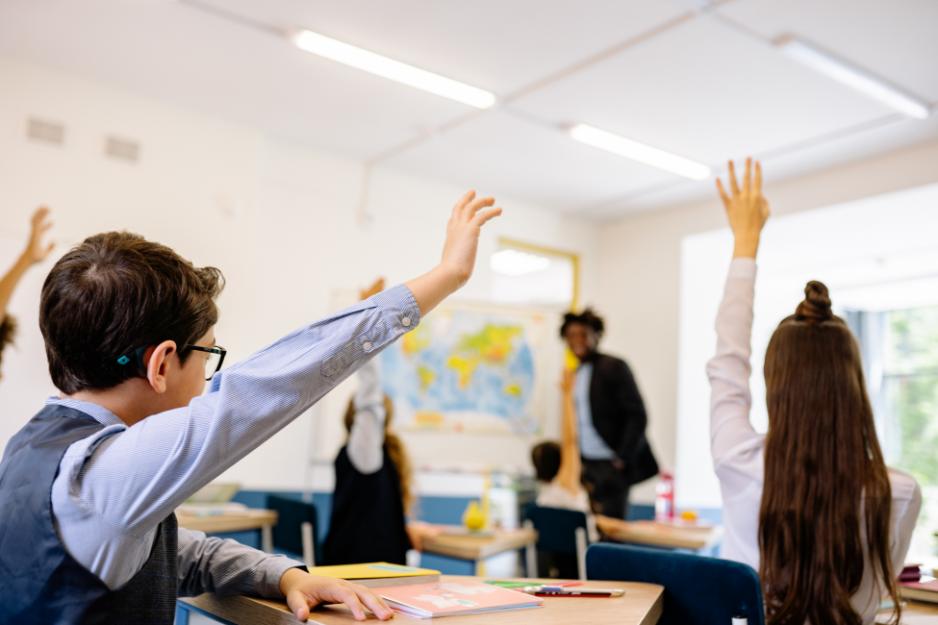Transitions: We Need to Shift the Way We Think About Transitions
The transition to post-secondary can be a tough one, for anybody. For students with ASD, preparing for post-secondary and subsequently thriving once they get there can take some concerted effort and advanced planning. Effective transition supports also play a key role in supporting student success at post-secondary.





